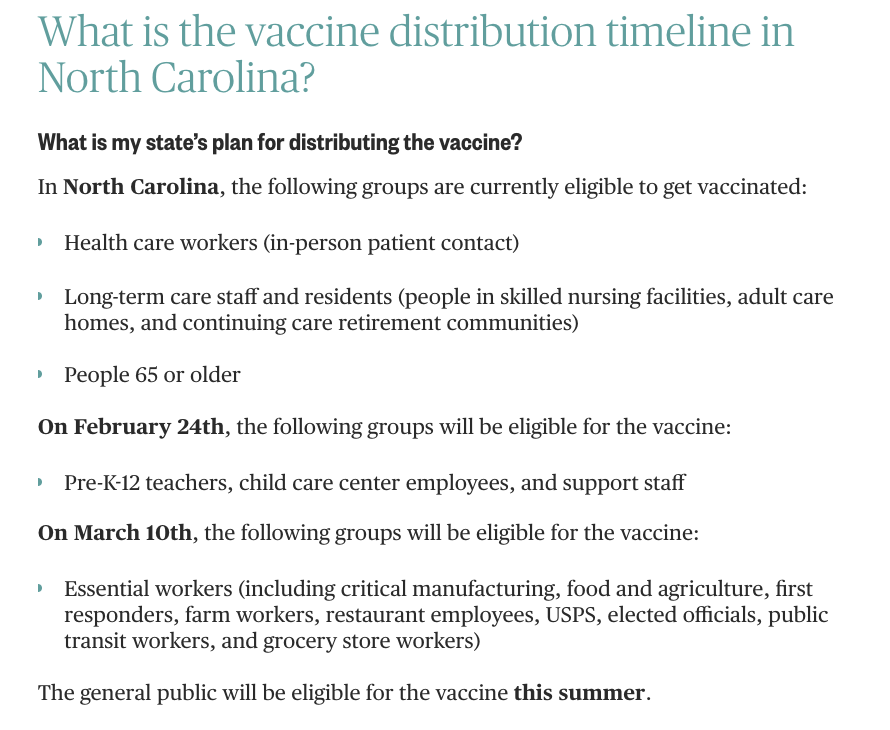
After years of global pressure from rights groups, leading Saudi Arabian women's rights activist Loujain al-Hathloul was released from prison on Wednesday where she had been detained some 1,000 days.
A look back on her journey.
nbcnews.to/3abRqK1
(1/6) #NBCNewsThreads
A look back on her journey.
nbcnews.to/3abRqK1
(1/6) #NBCNewsThreads
Louijan and other female activists were arrested in 2018 for advocating for women to drive.
The detentions came a few weeks after the Saudi government announced it would lift the driving ban in the conservative kingdom. (2/6)
nbcnews.to/3paR5v2
The detentions came a few weeks after the Saudi government announced it would lift the driving ban in the conservative kingdom. (2/6)
nbcnews.to/3paR5v2
Her detention came amid a widely criticized crackdown by Crown Prince Mohammed bin Salman, a powerful royal who was initially hailed as a reformer intent on modernizing his country. nbcnews.to/3p8dFV9
(3/6)
(3/6)
Loujain's family embarked on a tireless global campaign to pressure the Saudi royal family for her release.
In Jan. 2019, her older sister Alia issued an emotional appeal to Sec. Pompeo, pressing him to raise the detention during a trip to Riyadh.
nbcnews.to/2NkvoLO (4/6)
In Jan. 2019, her older sister Alia issued an emotional appeal to Sec. Pompeo, pressing him to raise the detention during a trip to Riyadh.
nbcnews.to/2NkvoLO (4/6)
Loujain's case was transferred to a terror court late last year.
Family members said she shook uncontrollably and spoke in an uncharacteristically faint voice during the rare court appearance.
nbcnews.to/3jCda4N (5/6)
Family members said she shook uncontrollably and spoke in an uncharacteristically faint voice during the rare court appearance.
nbcnews.to/3jCda4N (5/6)
Loujain said she would appeal her nearly 6-year jail sentence, after being convicted for agitating change in Saudi Arabia, while serving a foreign agenda.
“She’s very courageous. If it was my case I wouldn’t do that,” her sister said.
nbcnews.to/3rNXw9r (6/6)
“She’s very courageous. If it was my case I wouldn’t do that,” her sister said.
nbcnews.to/3rNXw9r (6/6)
• • •
Missing some Tweet in this thread? You can try to
force a refresh







